The Healthiness of Depression
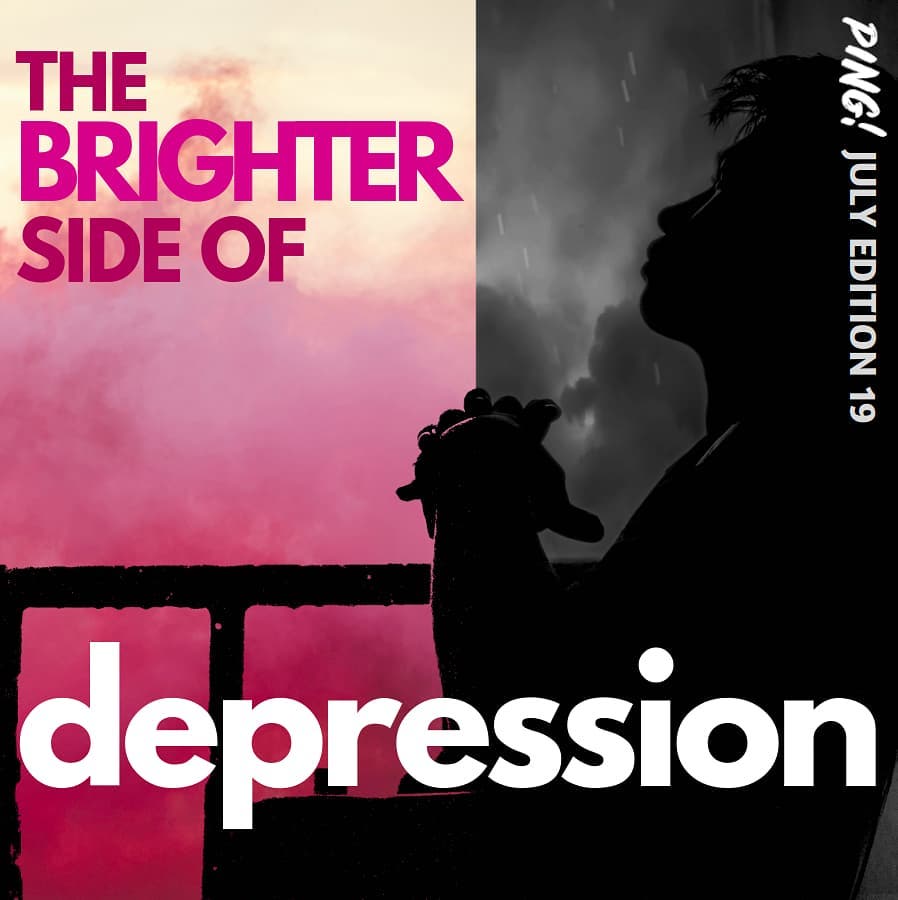
Yes, depression can be healthy. For me, it has perhaps been the healthiest phenomenon that I have experienced. While I would be speaking a lot from my personal experience, the objective for this article is to reach out and let depression be seen beyond a mental “illness”, and how it works as a mental experience in itself, and I will try to find some objectivity through my subjective experiences.
There have been two previous publications in Ping on mental health; Dushyant Goel’s “Depression Denied” talks about society and the individual overlooking their depression and calling it anything else that feels more convenient, while Atreyee Ghosal’s “Mental Health, or the Lack Thereof” brings in a multi-dimensional, elaborate picture on mental health.
Before I start off, let me reaffirm something from Atreyee’s article; that it is not possible “…to have a conversation about mental health without getting something wrong or overgeneralizing something.” And while that article brings out the many dimensions of mental health, this article moves the focus to the most talked-about, single dimension.
I will be talking about depression, something that most individuals experience short-term, though it may be chronic for a few. Depression is perhaps the most common phenomenon that we experience relating to mental health. Nearly all of us have had at least a second-hand experience with depression. I have personally had a lot of second-hand experience with depression, mostly outside of college, and had been pushing for a better conversation around mental health on campus as well. Having many extended-family members affected by mental health issues, I also have parents who are quite mental health literate, and in general, I have had a rather conscious environment regarding mental health around me. So, in a way, I am luckier than most.
And yet, I had always been terrified of experiencing mental illness myself. I had probably been mildly (not clinically) depressed for a while, but that was quite latent. It was only with a mental breakdown, that I came around to acknowledging my depression. (The mental breakdown was a period of insomnia, extreme lethargy and loss of appetite.) Yes, I had read the literature, been told by friends about their experiences, but being depressed myself was still a little beyond acceptance for me. Mental illness may not be as visible, and often external events may appear to be highly positive. My mental breakdown too was somehow predated by a series of supposedly “positive events” in my life. High grades, and all that jazz. That just made it even harder for me to take it for what it was.
So, yes, acceptance is hard. And it gets harder, the fewer “reasons” you have to be “sad”. Indeed, the cause for depression itself remains incomprehensible to me. Lack of serotonin, deep-seated childhood troubles, or just stressful college environment, what may cause one to be depressed is really anyone’s guess. But acknowledging one’s depression is nonetheless important. One path to that may be to ignore the causes. Even my psychiatrist ignored the causes. The cause is irrelevant; the phenomenon is what remains.
Let me back it up a little now. What is depression? Putting it very simply, it may be an extended period of sadness and dejectedness, or a shorter period of extreme sadness and dejectedness. What it also accompanies is a loss of interest in activities. Depression is labelled clinical when it is at a particular scale, as evaluated by clinical psychologists. It may often not be clinical, but even then it may be quite significant. Clinical psychologists consider many factors when evaluating the scale; how much sleep you are getting, appetite, weight loss, lethargy, acknowledging your own condition, and of course, sadness. There may be many forms of depression, but in common usage, depression is associated with major depression, which has severe symptoms in the above-mentioned activities. So, what I am talking about here is major depression.
So, back to my experience. Before I go on, let me just clarify that I have been through enough therapy and self-therapy, to retrospectively psychoanalyze the situation. So, I might seem more self-aware than I actually was during that period.
Now, as I mentioned earlier, recognizing that there is something going on with you is not always possible with depression. For me, that point came five days into my mental breakdown. It was only after getting into conversations with my parents, and with some friends, did I finally acknowledge that I may be depressed after all. I know that this reaching out process may not be as simple for everyone. Like I mentioned, I am luckier than most, being able to talk this out with friends and parents. However, I had also been a bit of a loner, not easily letting others inside my frame of mind, and not easily opening up to others. So the process involved a bit of a leap of faith even for me, as it might for others as well, but in different ways. Do note that the upside of this was that I ended up forming much stronger bonds with my chosen confidantes.
What followed was visiting the psych, medication, therapy; but what I probably did the most different was self-therapy. (However, I must not bely the role of medication and trained professionals in this; the efficacy of their efforts is much more difficult to perceive.) By self-therapy, I mean that I read a bunch of things that helped me understand and psychoanalyze my situation better. I have been a fervent reader, and that is why this was a good mechanism for me. You might have your own, but in a way, if you are depressed, reading this article itself is both a way toward acceptance, and self-therapy.
There was one powerful insight that I gained through self-therapy, that I thought I might share. In a book written by a practicing psychiatrist[note]The Road Less Traveled by M Scott Peck. It is not a perfect book, having been written in 1978, at some points conservative and at other points, oddly delving into superstition. But, as a discerning reader, one may be able to pick out the right elements from this, as I did. [/note], and from which I took the title for my article, depression has been represented as the “call of the unconscious for change”. What he is trying to say is that depression is merely a symptom that your way of life has to change. He mentions how his patients would often want “this to just end”, and “go back to the way things were”. However, depression is simply a strong symptom suggesting that, though you may not consciously see it, you have had enough of “the way things were”. It is time to change; most of the time, to make major changes, that fit your mind better. I am perhaps not doing justice to this insight in my writing, but in a nutshell, depression is strongly correlated with change, major change.
Another important insight that I came across, not from reading but through “listening to my unconscious” alone, was, that depression might also be a call for a vacation. By vacation, I do not mean going to Goa or Hawaii; what I am talking about is deeper; going inside your own mind. This is not crazy talk coming from a has-been basketcase. What I am suggesting is to move your focus on your own being, rather than what you do with yourself. In my case, I could see that I was losing my individuality (the strong individualist that I was) to how things are meant to be. Of course, it will play out differently depending on your personality. Either way, it is important to take a break from your work or college life. And this is really no different from taking a medical leave. Students in this college often take semester breaks due to physical ailments, and I do not see how that is any different. My own break however lasted only two weeks, and unfortunately, the third week was the mid-term exams, which then I ended up writing. Your own break may be longer, and surprising as it may sound, the college has adequate provisions to manage these for the students.
I know it might sound too far-fetched to make major changes in a college environment where consistency is touted as the key to success, or to take a break where dual degree students are constantly mocked and freak out about “getting out in five years”[note]There was an idea, first introduced to me by a certain college faculty, of seeing this in a positive light, where the process of spending extra time does not necessarily equate to wasted time. In fact, sharing this outside of college got me mixed reactions, with a friend even calling this extra period as “buffer time” and considering the possibility of “good evaluation time for what lies ahead”. I do hope that we can go beyond the conformist view of this, and to what fits each of us the best.[/note]. But as I realized through my experience, this is just the unnecessary bullshit of the system. Accepting change and taking a break, though superficially far-fetched, are rather obvious choices once you think about them. These choices will rather make you stand out from the crowd, and if you choose not to stand out, the crowd always has space for one more, no matter how many breaks you take. Whether you’re an individualist or a conformist, the process following depression will only bring out what suits best to your personality. Thus, the experience that comes with depression is necessary, and not to be ignored or taken lightly.
Now this is where the real healthiness of depression comes in. Depression is a process that is followed by renunciation and rebirth. “Change” seemed too simple a word to describe this process, and hence this choice of words. As I mentioned, the old way of things has to be given up, and so there is renunciation, and with giving up an old life, there is a rebirth.
I think I may have delved into the “unnecessary glorification with words” act again. Let us look at this more simply. What change did to me touched me on multiple dimensions. Of course, there is the immediacy of change; I was not clinically depressed anymore, albeit on medication. But there is more; my depression had built up gradually into a mental breakdown, and so there is no telling what the origin point for that depression was. Maybe even five years ago? Who can tell? The point here is that this is a change that can change the perception you and others have had for your very identity. Although, that may be overstating things slightly.
That is pretty much how it panned out for me. Those who have not known me for longer think that I am suddenly a new person, which is not so much the case, as my older friends and parents would tell me. Now, for my case, I am strongly individualistic, and getting out of depression only made me more so. Even for others, I believe the process would only bring out the best qualities in them. For me, it was rediscovering my own self, but at the same time, a slightly different, newborn self. Or rather, as I mentioned above, it was a rebirth.
Also, while I mentioned earlier that my mental breakdown was predated by some positive events, as fate would have it, it was immediately followed by a bunch of negative life events. And yet, I was healthier through those events, than I was even with the earlier positive events. In fact, I have been coping so well with all those “tragedies”, that even the “always-been-mentally-healthy” friends of mine were surprised. What I am trying to do here is to reaffirm how mental health in many ways may not be so strongly associated with external events as is believed to be.
What I delightfully also noticed is that I not only changed myself, but also the environment around me. And by “environment”, I mean nearly everyone I even vaguely cared about and came to interact with. This might again seem like overstating things, but I believe that this has also resulted in people around me being happier and freer. There is more beauty in my immediate environment, and those close to me have had the opportunity to co-opt in that beauty, hence they also feel that positive change.
Of course, there is no completely getting rid of depression. Feeling low, lethargic, all that is off and on. It is a bit of a roller-coaster ride, but I believe all of us can take a bit of a roller-coaster ride; it is fun in small measures. It ultimately gets accounted for anyway, in the beauty you end up finding in the world.
Of course, when I mentioned in the beginning that depression is healthy, I was not referring to the period of depression itself, but to everything else that comes with it.
I must end this article by iterating that this constitutes a very small dimension to mental health experiences, and does not even cover all the dimensions to depression itself. Depression can manifest in multiple ways, some of which may be much more difficult to resolve. There are also numerous mental health issues beyond depression, often beyond comprehension. And each individual is likely to experience mental health differently.
However, from my limited worldly experience, I could see that a lot of individuals have experienced depression in ways similar to how I did, and perhaps, seeing what my journey churned out for me, it might offer some of you the incentive to explore your own depression.
Bon voyage!
Submitted anonymously, because just as depression does not belong to any one individual, neither does my journey, nor does this article.

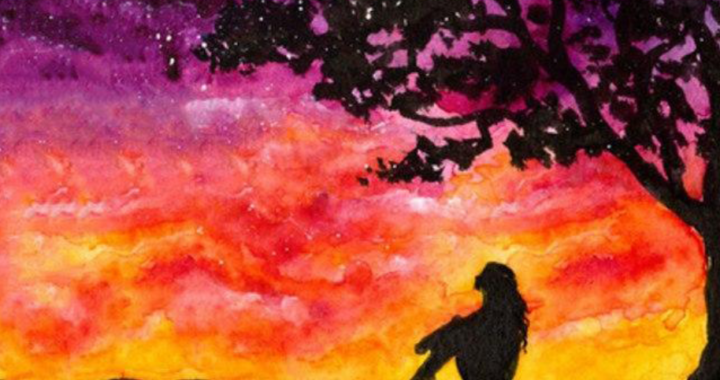 Practical Guide to Moving on
Practical Guide to Moving on 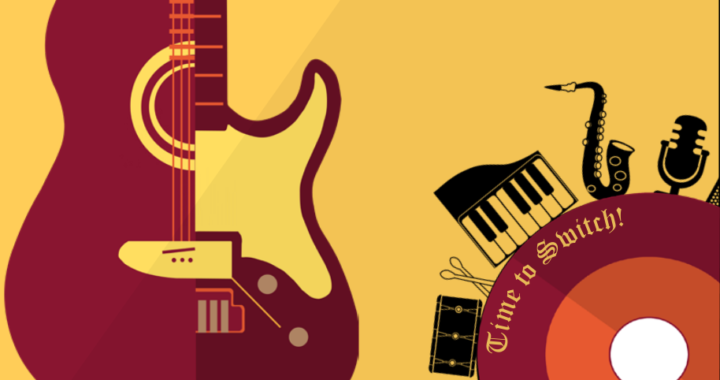 From Country to Electronic Pop…
From Country to Electronic Pop…  Deep Impact
Deep Impact 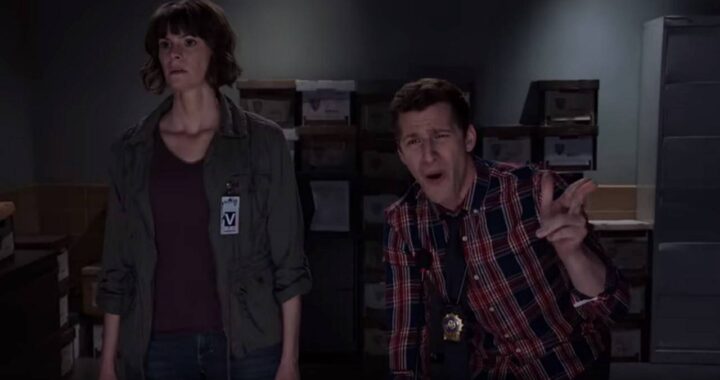 BOOOONEE!
BOOOONEE!  Mental Health, or the Lack Thereof
Mental Health, or the Lack Thereof  How Atheism Can Heal The World
How Atheism Can Heal The World  Cleaning up the Mess?
Cleaning up the Mess? 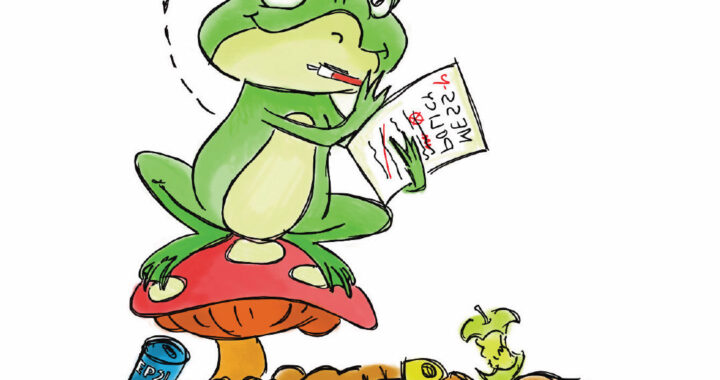 We Are So Cooked
We Are So Cooked 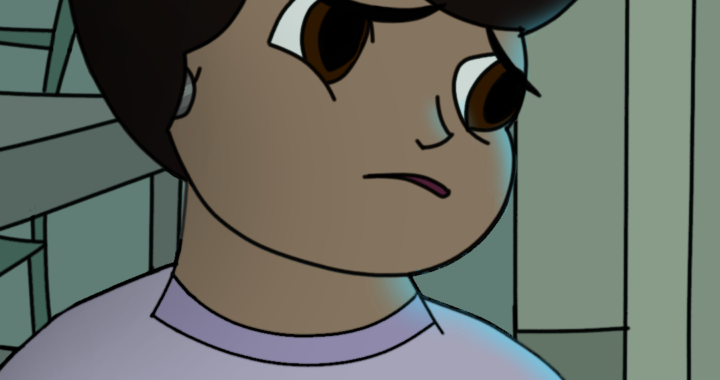 Qu’ils mangent de la grenouille! (Let Them Eat Frogs!)
Qu’ils mangent de la grenouille! (Let Them Eat Frogs!)
1 thought on “The Healthiness of Depression”
Comments are closed.